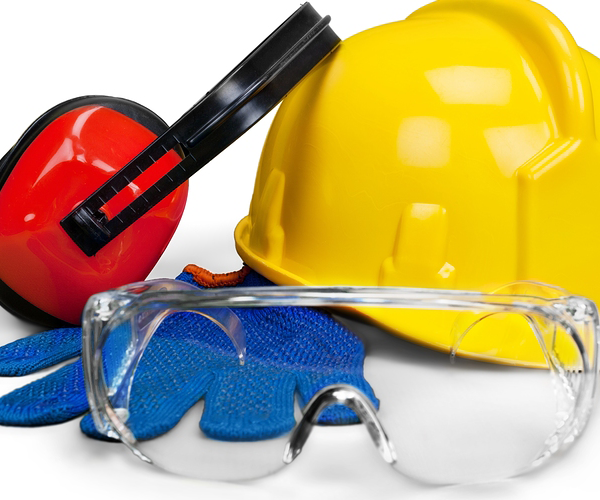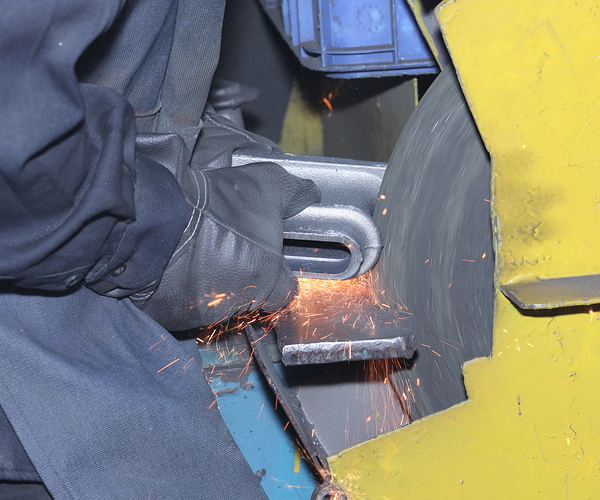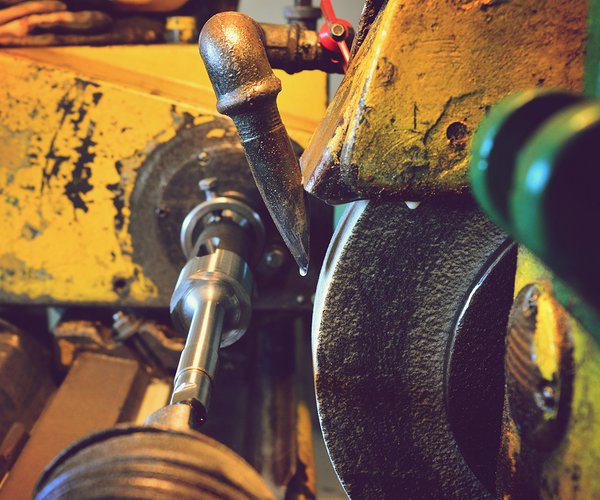Abrasive wheels are dangerous if left to the untrained.
Whenever workers operate this machinery incorrectly, incidents like these are likely to happen.
Whether you’ve got a new starter on the team or looking to refresh your knowledge with the current work practices. Our course is aimed squarely at you.
But first, here’s the reason why Abrasive Wheels training is a strict requirement for anyone required to use them.
What is an abrasive wheel
An abrasive wheel is usually defined as a wheel consisting of abrasive particles bonded together with various substances. There are many elements involved when determining which wheel to use. The wheels are bonded together in two separate processes, for example, inorganic bonds are fired up in a furnace, while organic is strengthened at a low temperature.
Under the Provision and Use of Work Equipment Regulations 1998 (PUWER 98), anyone required to use an abrasive wheel needs to be trained. These regulations replaced the previous Abrasive Wheels Regulations (1970) to ensure safe handling, mounting and use of these devices.
To ensure abrasive wheels are durable, safe and fit for purpose, manufacturers undergo strict assessment under the Supply of Machinery (Safety) Regulations (2008). The regulations make it an offence for the responsible person to supply machinery unless it is safe, has passed necessary assessments and a technical file is available.
However, even if the wheel works fine, human error is still a factor. Which is why you should be aware of some of the common hazards.
Abrasive Wheels Safety Recommendations

With the nature of this work, employers will need to comply with various regulations i.e Control of Noise at work Regulations (2005) and the Personal Protective Equipment at Work Regulations (1992). The type of hazards associated with this work is many.
Take these basic recommendations for instance:
- Workers will need protective goggles to avoid injury to the eyes from flying abrasive and metallic particles.
- Great care and attention should be implemented before using the abrasive product. Workers should avoid wearing loose clothing, ties and jewellery.
- Inspect the wheels before use, physical injury is possible due to flying wheel fragments or ejected workpieces.
- Excessive Noise and vibration also play a part in human injury. Ear protection should be worn where the machine is hand-held. Improper abrasive wheels for the job at hand can also produce excessive noise.
- Handheld use of abrasive devices can cause vibration injury, the symptoms of which manifest as tingling, pins and needles or numbness. This is strengthened with cold conditions, keeping hands warm and utilising finger and hand exercises will help to reduce the strain.
This is by no means a fool-proof guide to protecting your workers.
As you can see, the hazards are numerous which is why booking a comprehensive course with expert trainers is the best way to keep everything running smoothly.
Abrasive Wheels Training Course
There is no substitute for proper training.
At Direct365, we offer the safe use of Abrasive Wheels course which is designed for anyone required to use an abrasive wheel in the workplace.
This course gives learners:
- Understanding the legal requirements and responsibilities.
- How to identify hazards and risks.
- Selecting the right equipment and PPE.
- How to carry out pre-use checks.
- How to mark, store, handle and transport the relevant equipment.
- Practical exercises.
This comprehensive half-day course is ideal for new workers and those requiring a refresh. Upon completing this industry-accredited programme, participants will be awarded a City & Guilds Certificate in Abrasive Wheels.
With nationwide coverage, we offer training all over the UK. Knowledge in the workplace is a powerful tool.
Get in touch today and book you and your workers an appointment.
![]()
Back




